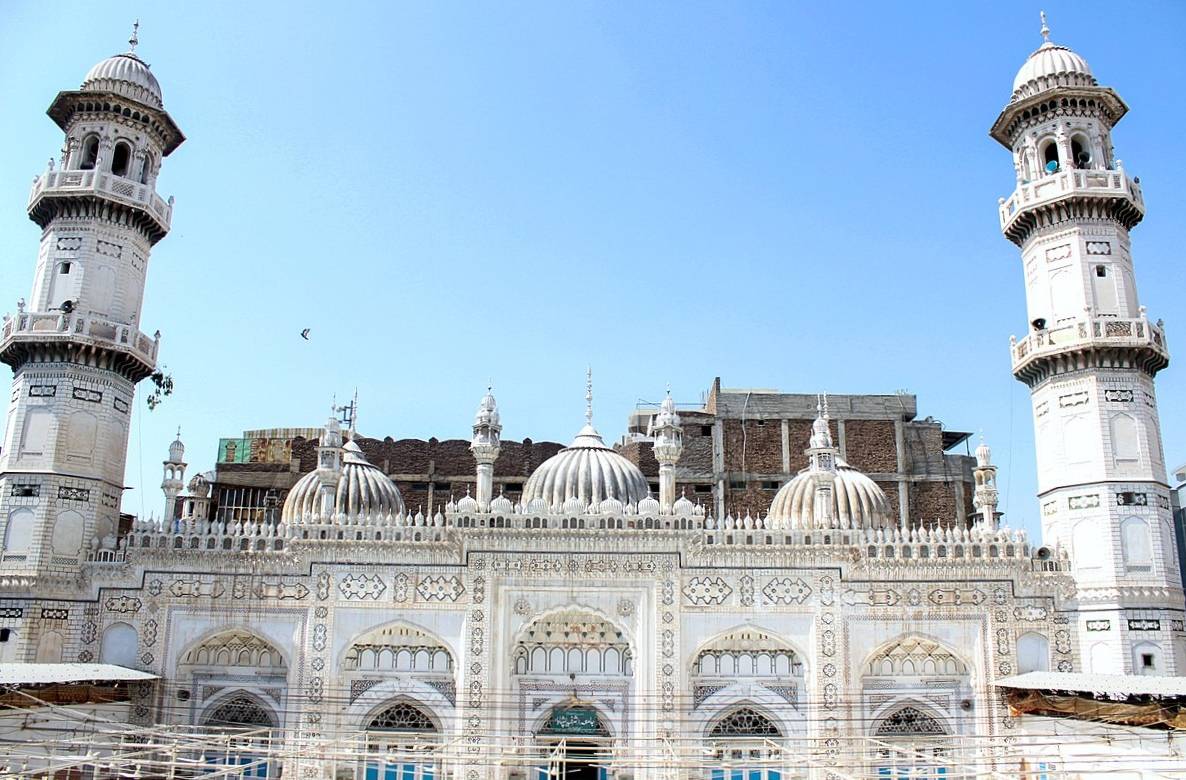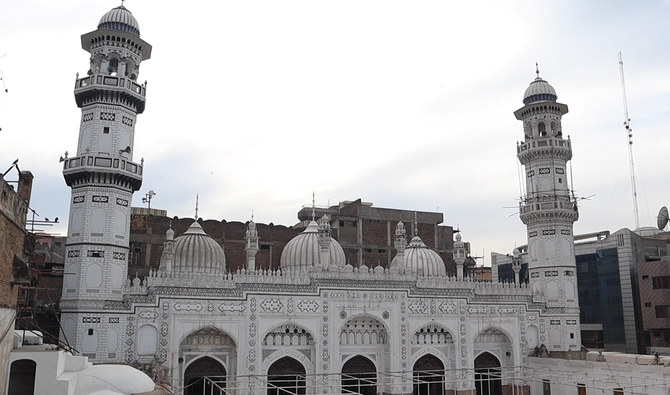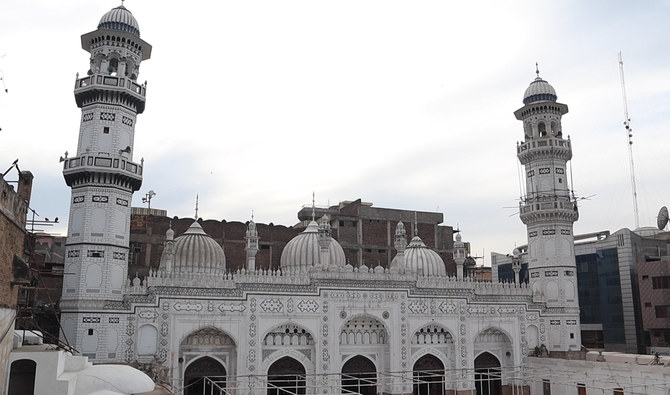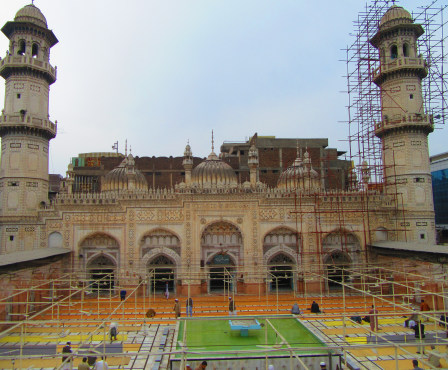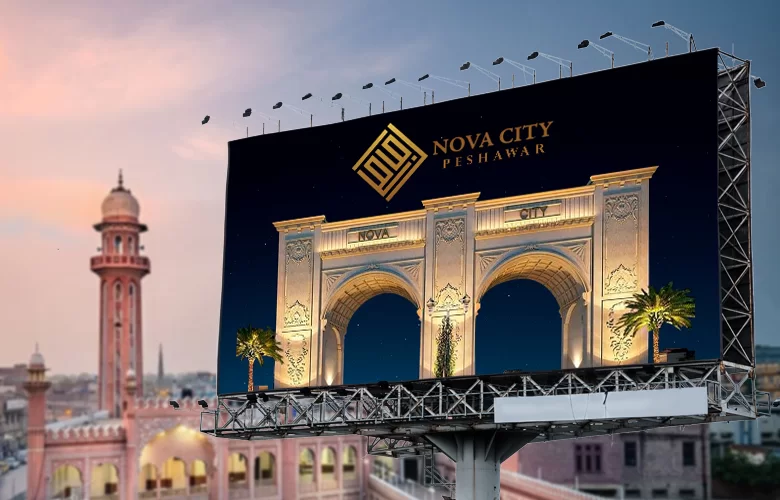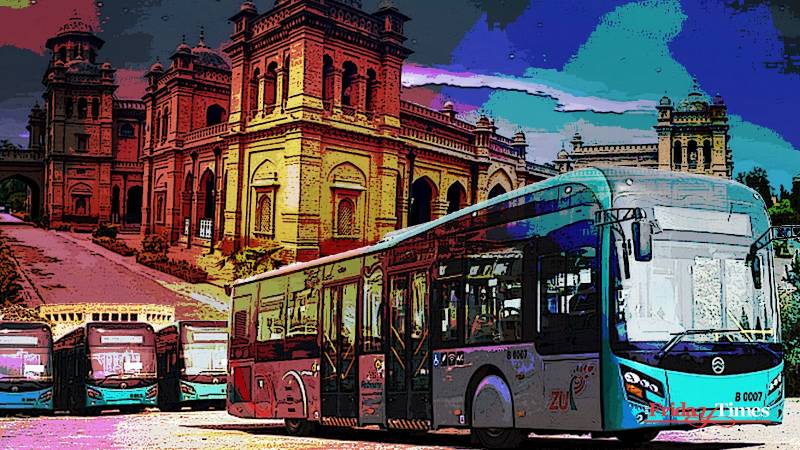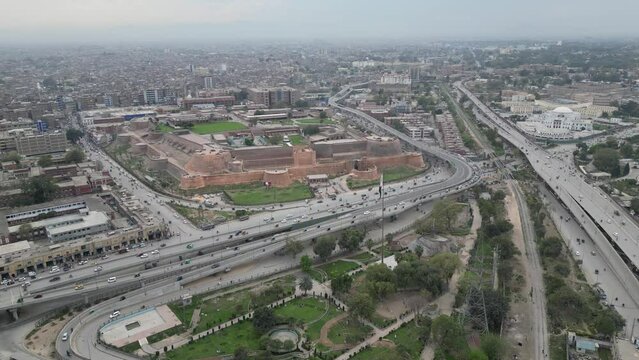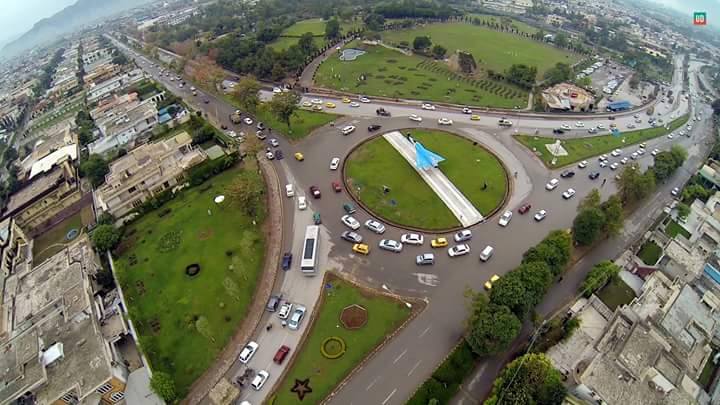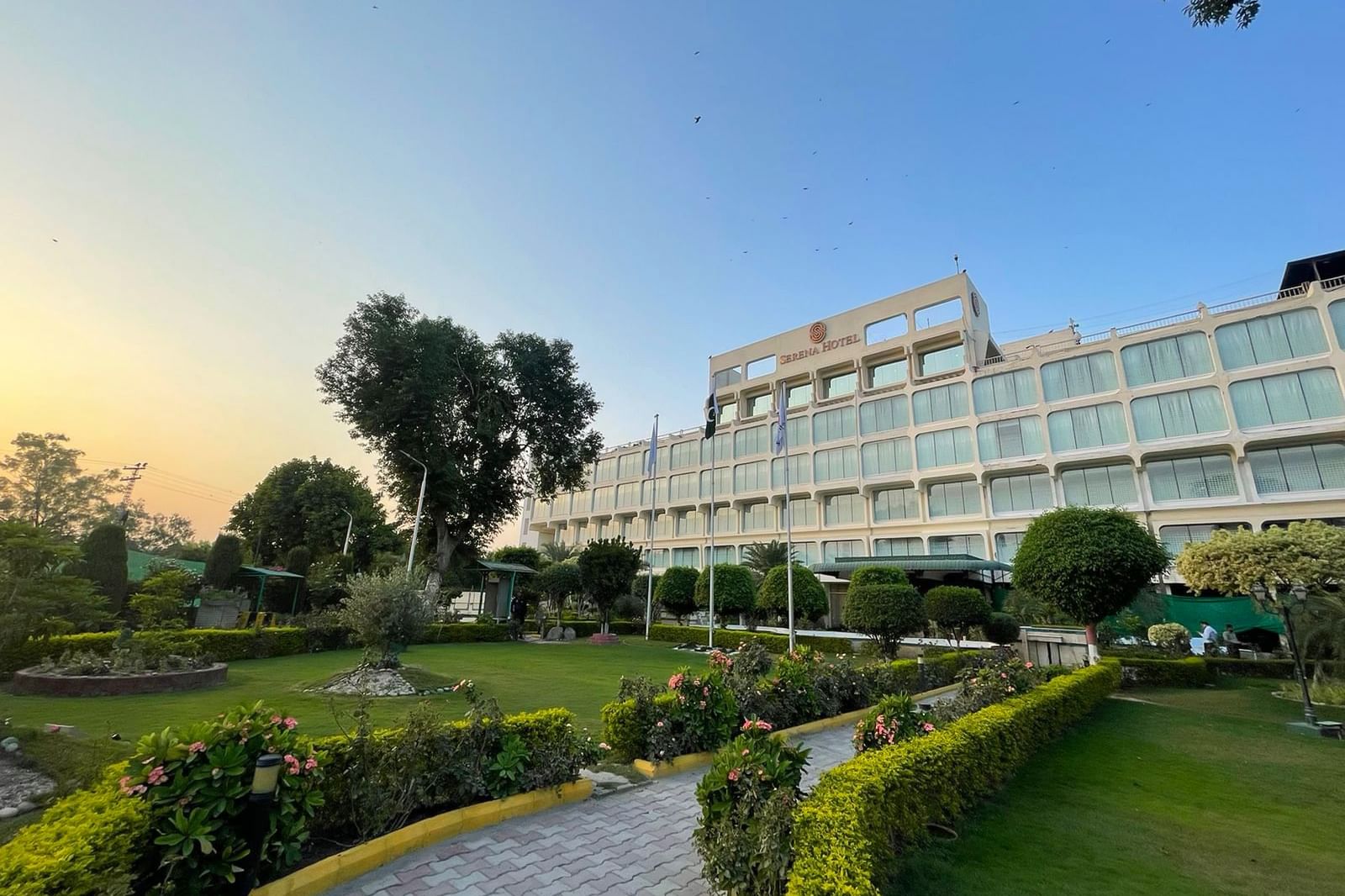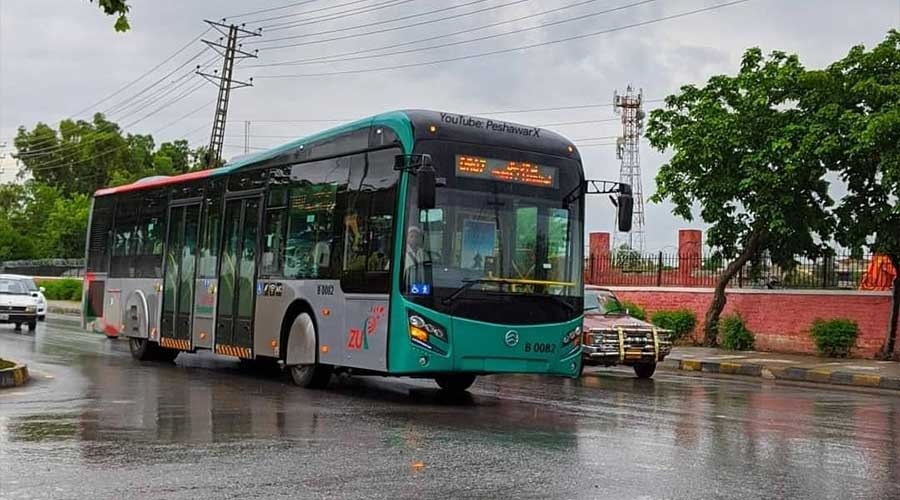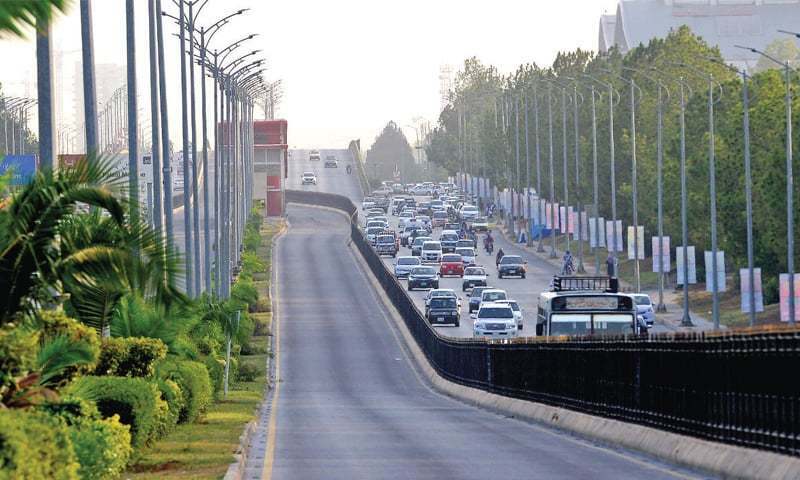
About the Peshawar
A Rich Tapestry of History, Culture, and Heritage
Peshawar, the capital of Khyber Pakhtunkhwa (KP) province in Pakistan, is a city steeped in centuries of history, culture, and tradition. Located at the foot of the Khyber Pass, Peshawar has been an important crossroads of trade, culture, and politics for millennia. Its strategic position as a gateway between Central Asia, the Indian subcontinent, and the Middle East has shaped its unique identity as a city of diverse influences.
A Glimpse into History
Peshawar's history dates back over 2,000 years. It was once known as Purushapura, meaning the "city of men" in Sanskrit, and served as the capital of the Kushan Empire, one of the most important empires in ancient Central Asia. The city has witnessed the rise and fall of several civilizations, including the Maurya, Greek, Kushan, and Mughal empires. Its rich history is reflected in the many archaeological sites and remnants of ancient structures scattered throughout the city.
One of the most notable landmarks of Peshawar's ancient past is the Khyber Pass, a narrow mountain pass that has been a key route for invaders and traders for centuries. The pass connects Peshawar to Afghanistan and has served as a gateway for numerous armies, including those of Alexander the Great, the Mughal Empire, and the British Empire. Peshawar’s strategic location made it a prize for conquerors throughout history, from the time of the Mauryas to the British Raj.
The Cultural Hub
Peshawar’s cultural heritage is a blend of various ethnicities, languages, and religions. The Pashtuns, the dominant ethnic group in the region, have left an indelible mark on the city’s culture, as have the many other groups who have called Peshawar home, such as the Hindus, Sikhs, and more recently, refugees from Afghanistan. This cultural melting pot has contributed to a vibrant arts scene, including music, dance, poetry, and traditional crafts.
The city’s bazaars are an essential part of its cultural fabric. The famous Qissa Khawani Bazaar, also known as the "Storytellers' Market," has been a center of trade and cultural exchange for centuries. Historically, it was a place where travelers, traders, and locals gathered to share stories, poems, and songs, creating a rich oral tradition. Today, the market is bustling with life, offering everything from spices, textiles, and jewelry to traditional Peshawari chappals (sandals), which are famous for their craftsmanship and comfort.
In addition to the bazaars, Peshawar is home to numerous historical buildings and sites that speak to its cultural legacy. The Peshawar Museum, which houses a vast collection of Gandhara artifacts, is a testament to the city’s ancient past. The nearby Mohabbat Khan Mosque, built during the Mughal era, is an architectural marvel and an example of the city's Islamic heritage.
The Cuisine of Peshawar
Peshawar's culinary scene is a reflection of its diverse cultural influences. The city's cuisine is known for its rich flavors, which are often characterized by the liberal use of spices, meats, and herbs. Peshawari kebabs, particularly the chapli kebab, are famous throughout Pakistan for their mouthwatering taste. The city is also known for its traditional rice dishes, such as Peshawari pulao, which is prepared with tender meat, rice, and aromatic spices.
The food culture in Peshawar is heavily influenced by Afghan cuisine, with dishes like kebabs, samosas, and nan being staples in the local diet. Street food vendors are a common sight in Peshawar, and they offer a wide variety of tasty snacks, from roasted nuts to delicious sweets like jalebi and gulab jamun.
One of the most iconic drinks of Peshawar is the traditional green tea known as “Kahwa,” which is often served with almonds or pistachios and is a popular choice during cold winter evenings. The local tea culture is an essential part of social gatherings, with tea being offered to guests as a symbol of hospitality.
The Natural Beauty of Peshawar
Peshawar’s location near the foothills of the Hindu Kush mountains provides it with stunning natural beauty. The surrounding landscape, with its rugged mountains, lush valleys, and flowing rivers, offers ample opportunities for outdoor enthusiasts. The nearby Khyber Pass offers a picturesque setting, while the town of Hayatabad, located on the outskirts of Peshawar, boasts a more modern infrastructure and peaceful parks for relaxation.
For nature lovers, the Peshawar region is also home to a number of beautiful parks and green spaces. The famous Shahi Bagh, or "Royal Garden," is a historic park in the heart of the city. It was built by the Mughal Emperor Aurangzeb in the 17th century and remains a popular spot for both locals and tourists to relax and enjoy the natural surroundings.
Education and Economy
Peshawar has long been a center of learning and intellectual activity. The city is home to several prestigious institutions of higher education, including the University of Peshawar, which is one of the oldest and most renowned universities in the country. The university offers a wide range of academic programs, attracting students from across Pakistan and beyond.
In terms of economic activity, Peshawar plays a vital role in trade, especially with Afghanistan. The city has a thriving economy based on trade, agriculture, and manufacturing. The Peshawar Dry Port serves as a key hub for the import and export of goods to and from Afghanistan. Additionally, the city is an important center for the production of textiles, handicrafts, and construction materials.
The Challenges
Despite its rich heritage and natural beauty, Peshawar, like many cities in the region, faces its own set of challenges. The security situation in recent decades has been a concern, particularly due to the proximity of the city to conflict zones in Afghanistan. The ongoing conflict in neighboring regions has affected the city’s economy and development.
However, in recent years, Peshawar has seen significant improvements in terms of infrastructure, with new roads, bridges, and public services being developed to improve the quality of life for residents. Efforts to revitalize the city’s historic areas, such as the restoration of the Qissa Khawani Bazaar, are ongoing.
Conclusion
Peshawar, with its centuries-old history, vibrant culture, and diverse traditions, remains one of Pakistan’s most fascinating cities. It is a city that blends ancient heritage with modern progress, where every street, market, and building tells a story of its past. As Peshawar continues to grow and evolve, it remains a symbol of resilience, hospitality, and the enduring spirit of its people. Whether it’s exploring its rich history, savoring its delicious cuisine, or enjoying the natural beauty of the region, Peshawar offers something for everyone, making it a truly unique and memorable destination.
Address: 59, Sector N NWEC, Peshawar, Pakistan
